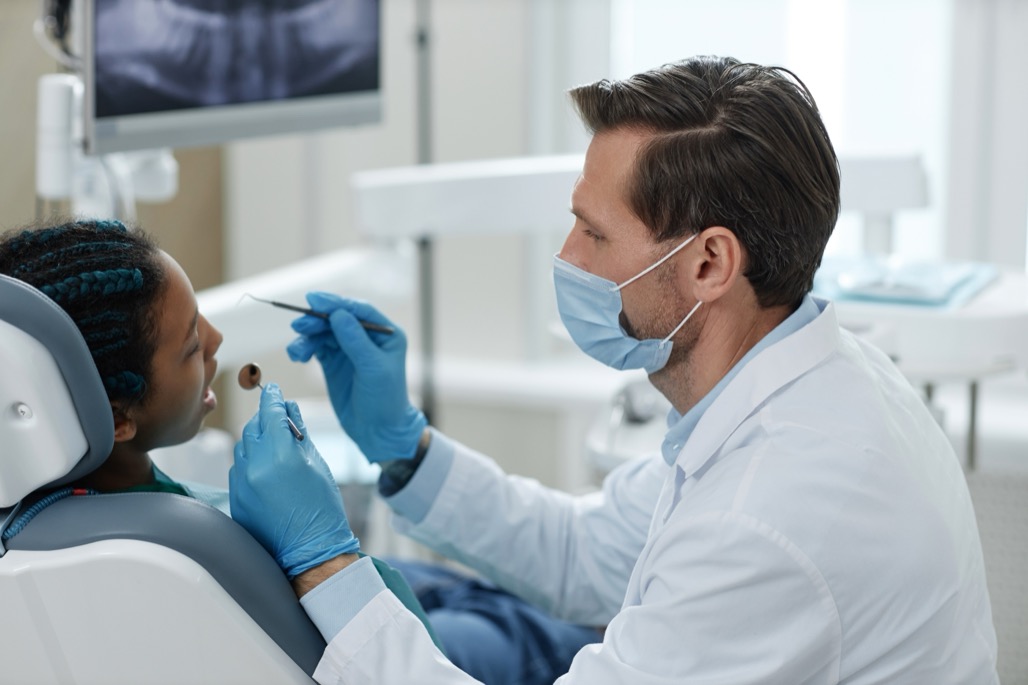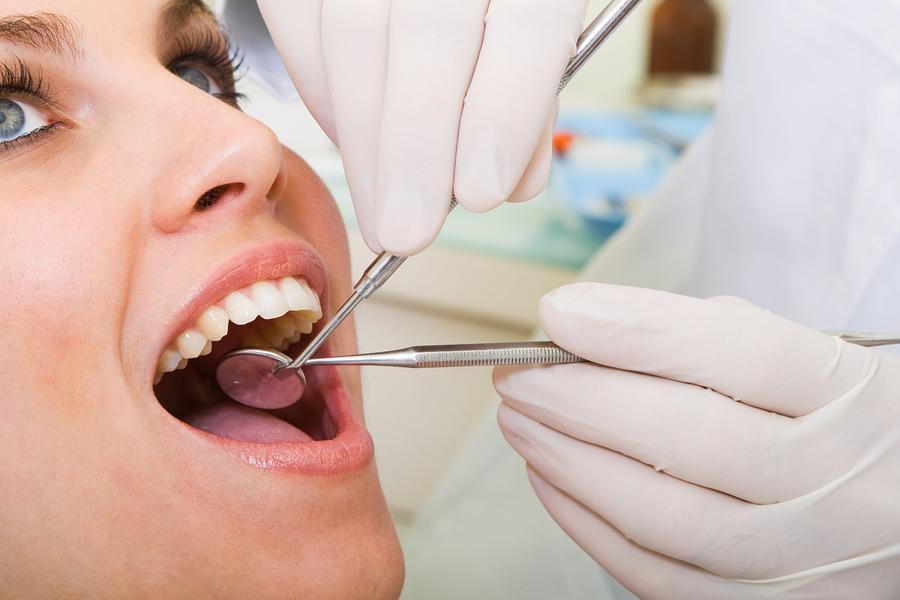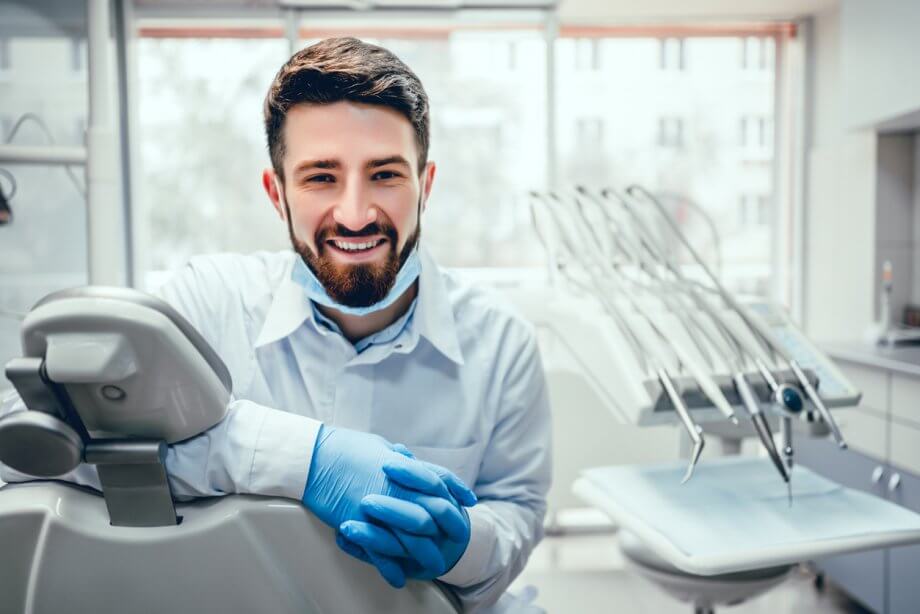Important Dental Care Procedures for Preserving Healthy Teeth and Gums
Preserving optimal dental wellness is critical for overall wellness, and recognizing essential oral care procedures is the first step towards accomplishing this goal. Routine dental check-ups and professional cleansings play a critical function in the early detection of prospective problems, while daily practices such as cleaning and flossing are fundamental for combating plaque and food bits.
Normal Dental Check-Ups
Normal dental examinations are essential for preserving ideal dental health and wellness and stopping potential concerns. These consultations commonly take place every six months and offer several purposes, including the early discovery of oral issues such as dental caries, gum tissue condition, and oral cancer cells. By determining these problems at their start, clients can gain from much less invasive treatments and improved outcomes.

Furthermore, routine check-ups provide an opportunity for dental professionals to offer tailored recommendations on dental hygiene methods, dietary options, and lifestyle alterations that can improve general dental health and wellness. Establishing a routine of regular check-ups promotes a proactive technique to oral treatment, empowering patients to organize their oral health and wellness and ultimately leading to a brighter, much healthier smile. Disregarding these necessary brows through can lead to extra extreme issues, emphasizing their significance in precautionary oral treatment.

Professional Cleanings
An essential element of maintaining dental health and wellness is the expert cleaning carried out by an oral hygienist. These cleanings, usually recommended every six months, are necessary for the avoidance of dental issues such as dental caries and gum condition. Same Day Dental Crown. Throughout a specialist cleaning, the hygienist uses specialized devices to get rid of plaque and tartar accumulation from the teeth and along the periodontal line, locations that normal cleaning may miss
The treatment starts with a thorough assessment of the mouth. Following this, the hygienist uses a scaler to thoroughly scuff away set plaque. This is typically adhered to by a sprucing up treatment with a gritty toothpaste, which aids to remove surface area stains and smooth the enamel. The hygienist may apply a fluoride therapy to reinforce the teeth and offer extra defense against decay.
Specialist cleansings not just enhance the aesthetic appeals of your smile yet likewise significantly add to overall dental health. They permit for early discovery of possible problems, allowing prompt treatment. By focusing on these cleanings, individuals can make sure that their oral health routine is matched by specialist care, ultimately leading to healthier teeth and periodontals.
Daily Brushing Strategies
Efficient day-to-day brushing methods are important for keeping ideal oral health and wellness. Brushing your teeth a minimum of two times a day, ideally in the early morning and before going to bed, is vital for eliminating plaque and protecting against cavities. Select a soft-bristled tooth brush that fits easily in your hand and allows easy accessibility to all areas of your mouth.
When brushing, hold the tooth brush at a 45-degree angle to your gums. This position assists to clean up not only the teeth however likewise the gumline, where plaque can gather.
Don't neglect to comb the internal surface areas of your teeth, as well as your tongue, to remove bacteria and refresh your breath. If the bristles are frayed, change your toothbrush every 3 to four months or sooner. Furthermore, take into consideration using fluoride tooth paste to reinforce enamel and decrease the threat of decay. Establishing a consistent brushing routine will substantially add Homepage to the long-term health and wellness of your gums and teeth.
Efficient Flossing Approaches
Flossing is a crucial part of a detailed dental hygiene routine, playing a vital function in getting rid of food fragments and plaque from areas that a Recommended Site tooth brush can not get to. Efficient flossing techniques can considerably improve the wellness of your teeth and periodontals, preventing tooth cavities and gum tissue disease.
To begin, make use of approximately 18 inches of oral floss, winding the ends around your middle fingers, permitting far better control. Hold the floss securely between your thumbs and forefinger, gently assisting it between your teeth with a sawing motion. Stay clear of breaking the floss, as this can cause gum tissue damage.
When the floss reaches the gum line, curve it right into a C form against one tooth and slide it below the gum tissue line delicately, making certain to cleanse both sides of the tooth. Repeat this procedure for each tooth, making use of a clean section of floss as you relocate from one tooth to the following.
It is advisable to floss at least daily, ideally prior to brushing, to optimize plaque removal. Integrating reliable flossing strategies into your oral hygiene routine will add to overall dental health and wellness, making it a vital technique for preserving healthy and balanced teeth and gum tissues.
Nutritional Factors To Consider for Oral Wellness
Numerous researches demonstrate that nutritional factors to consider play a crucial duty in preserving dental health and wellness and stopping dental problems. A healthy diet regimen abundant in necessary nutrients is basic for the growth and upkeep of healthy teeth and gum tissues. Key vitamins and minerals, such as vitamin, calcium, and phosphorus D, contribute substantially to the stamina of tooth enamel and the total integrity of the mouth.
Foods high in antioxidants, like vegetables and fruits, boost gum tissue wellness by decreasing inflammation and combating oxidative stress and anxiety. Appropriate hydration is important; water not just aids in the production of saliva, which counteracts acids and washes away food particles, however likewise More Help help in maintaining a balanced dental microbiome. Emergency Dentist Washington DC.
Limiting these foods, along with practicing good oral health, is necessary for oral health and wellness. Hence, a holistic strategy that includes mindful dietary options can considerably add to the prevention of oral troubles and the promo of overall oral well-being.
Verdict

These consultations normally happen every six months and offer multiple functions, including the early discovery of dental troubles such as tooth cavities, periodontal illness, and oral cancer.Throughout an examination, a dental specialist carries out an extensive assessment of the teeth, gum tissues, and bordering dental frameworks.Furthermore, normal examinations supply an opportunity for dental professionals to supply customized suggestions on oral hygiene practices, nutritional choices, and way of living modifications that can improve general oral health and wellness.In summary, maintaining healthy and balanced teeth and periodontals necessitates adherence to necessary oral treatment procedures. Normal professional cleansings and oral exams facilitate early detection of oral issues and the elimination of plaque and tartar, specifically.